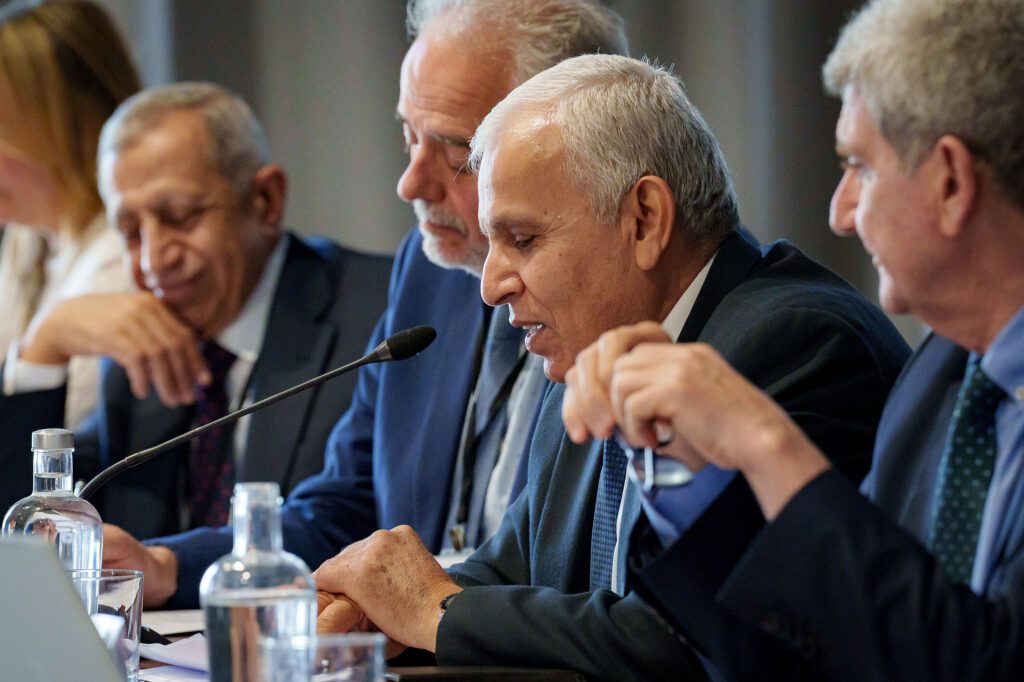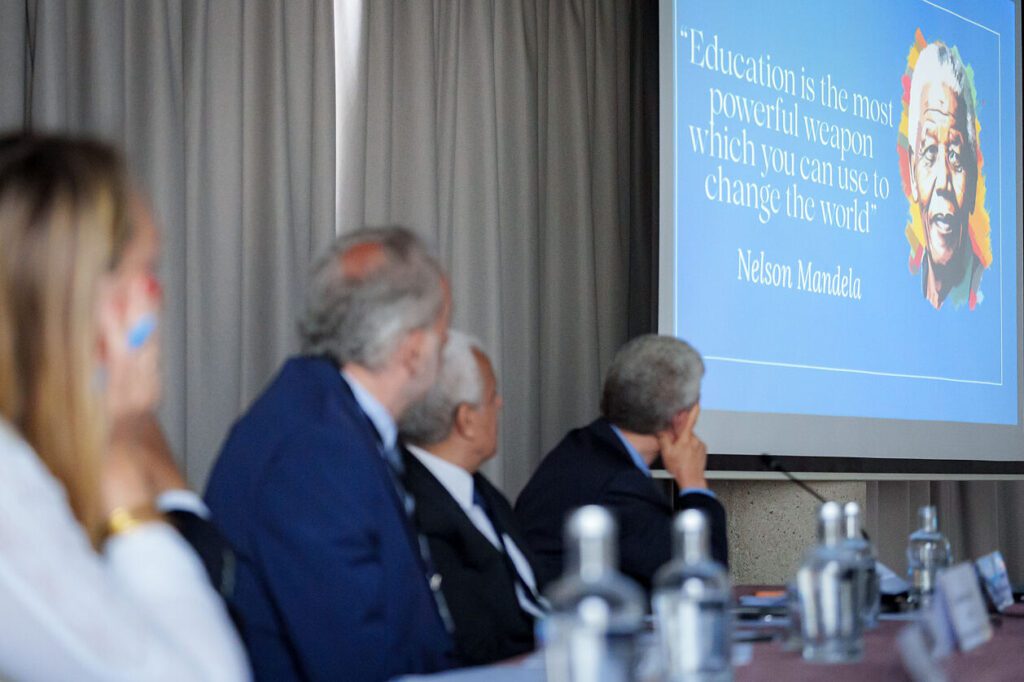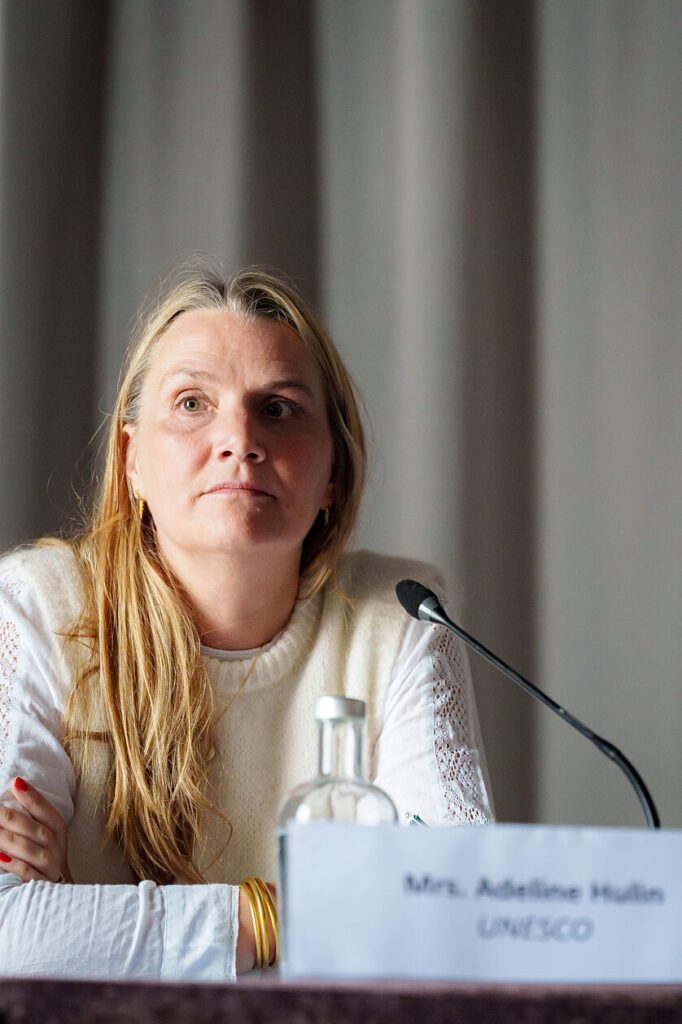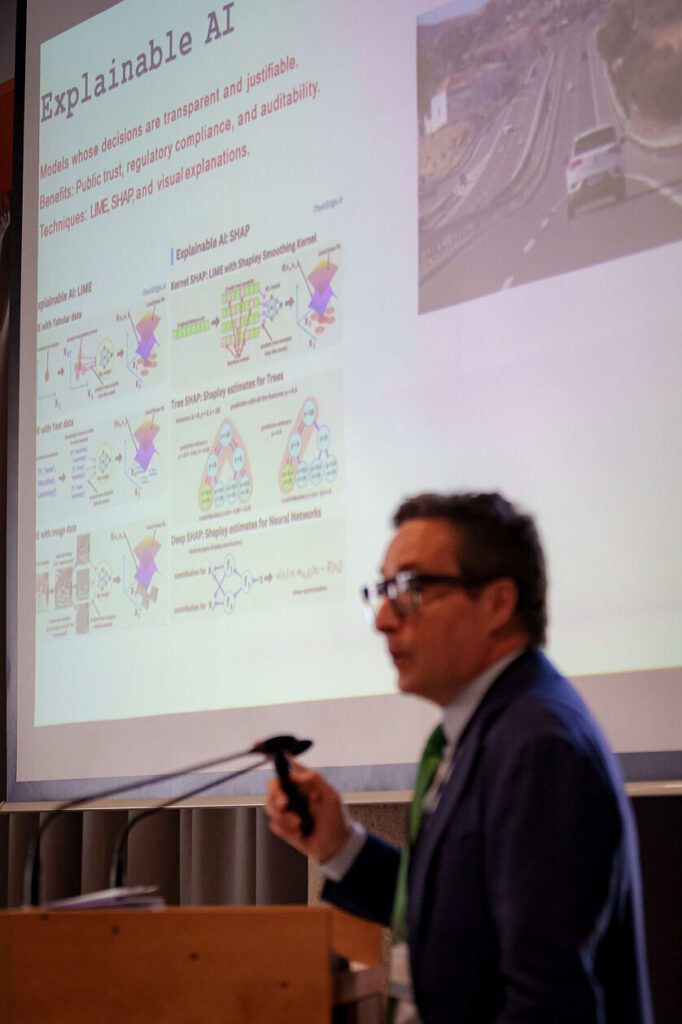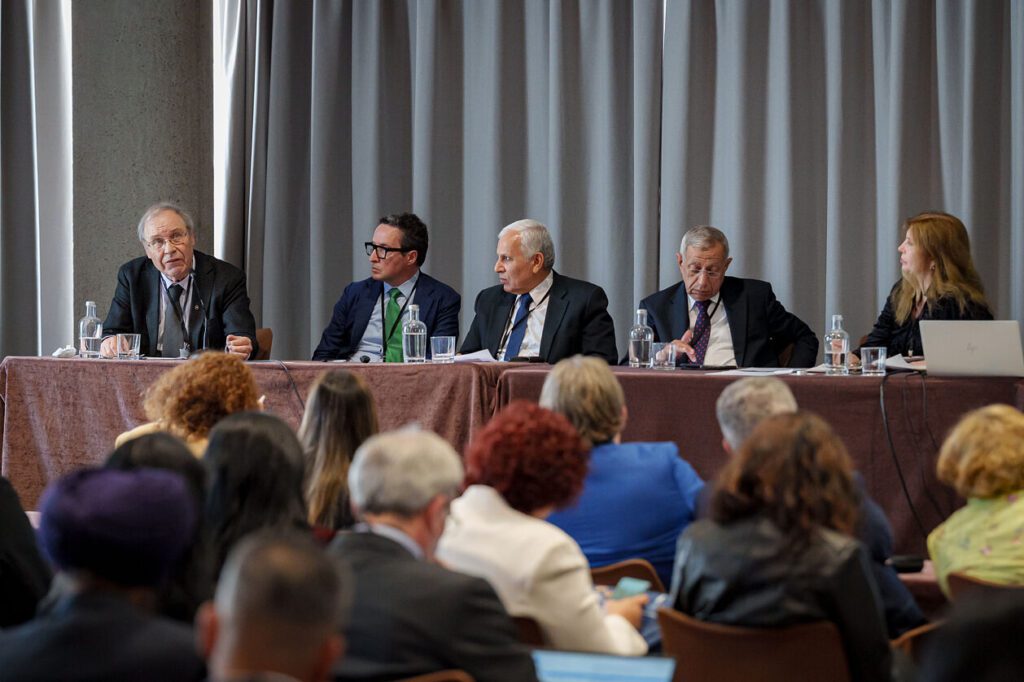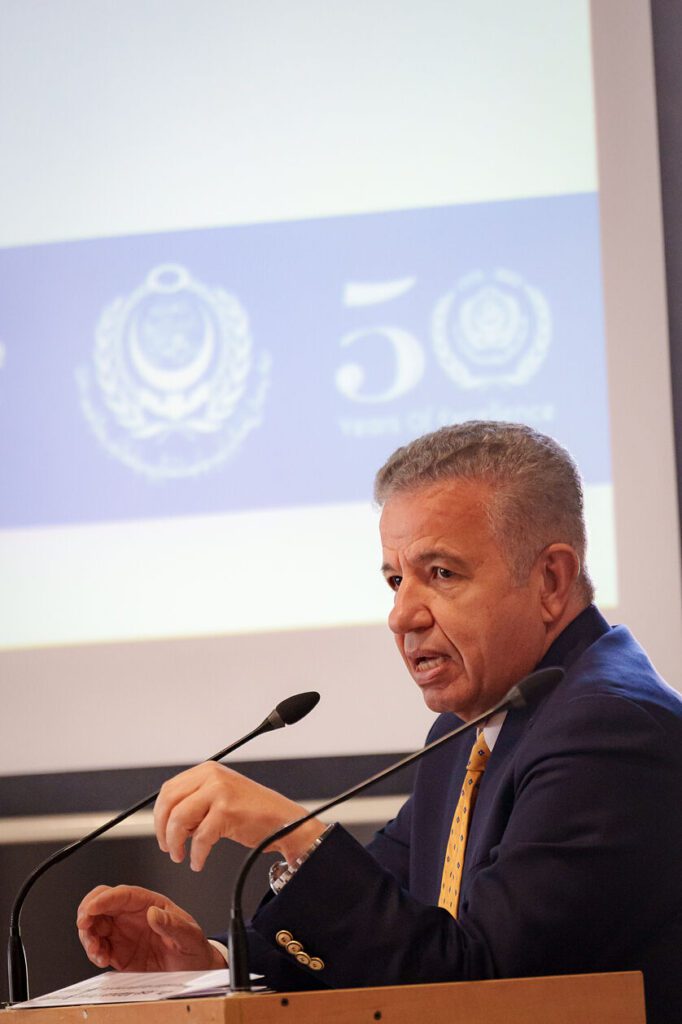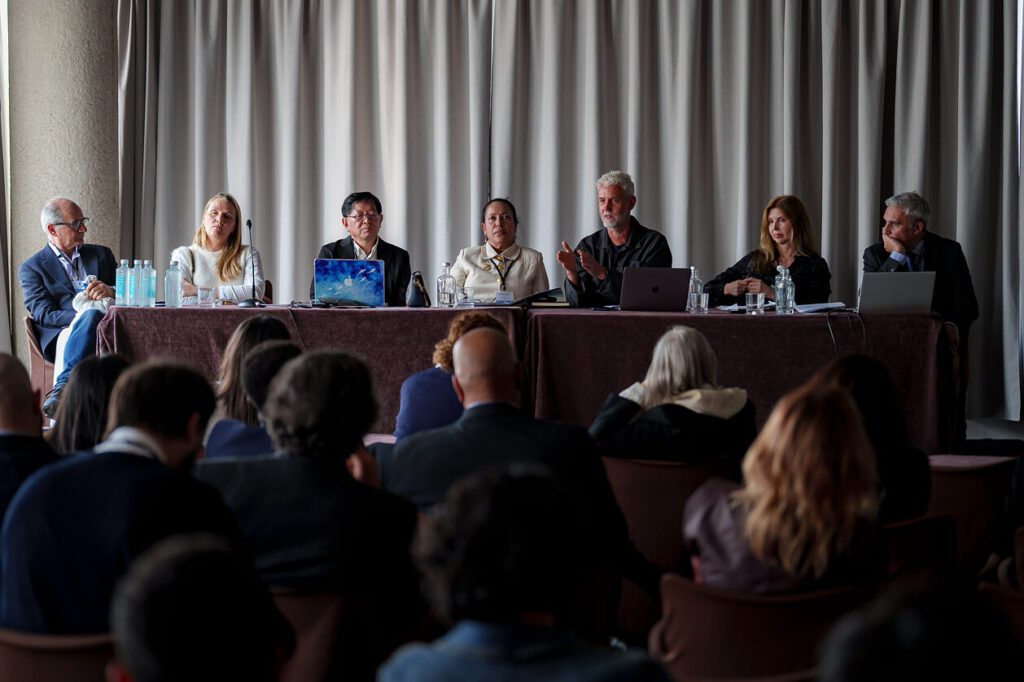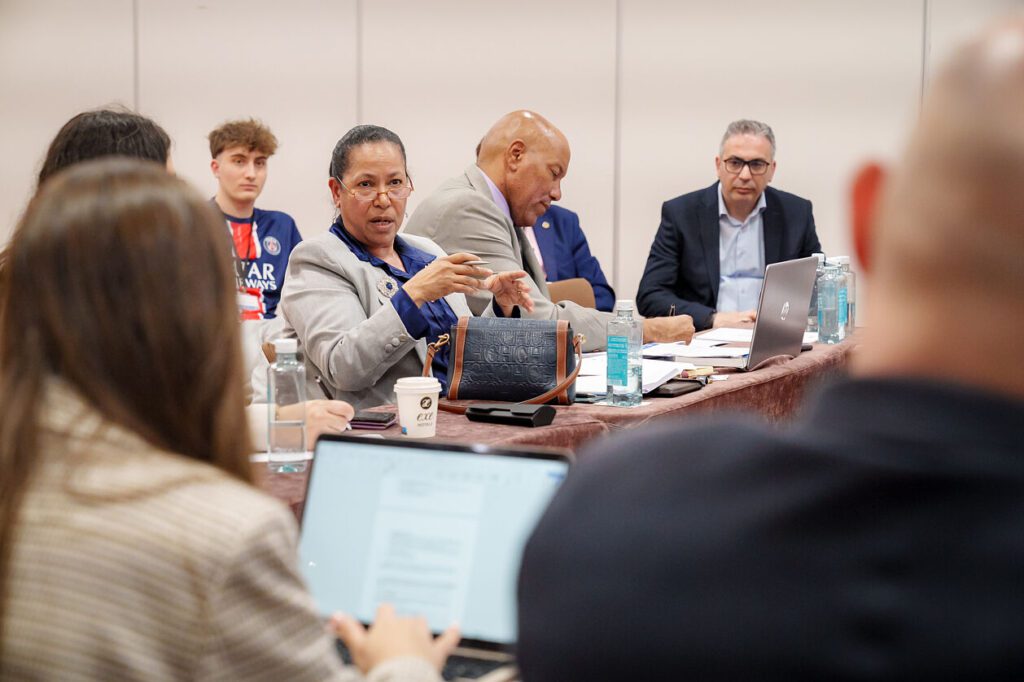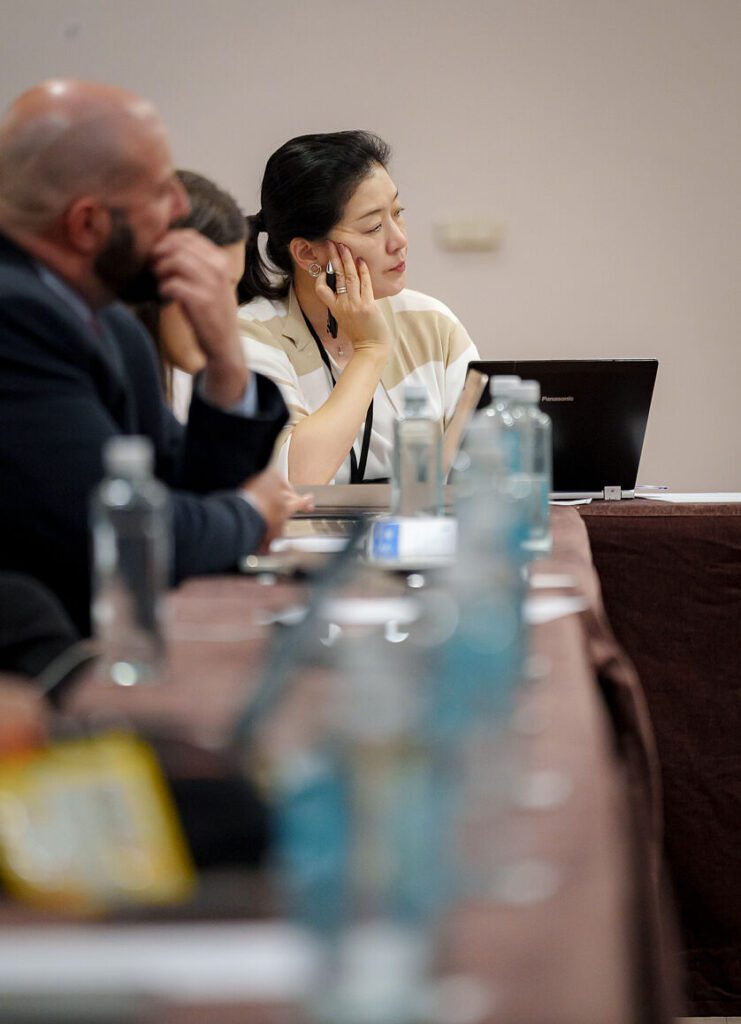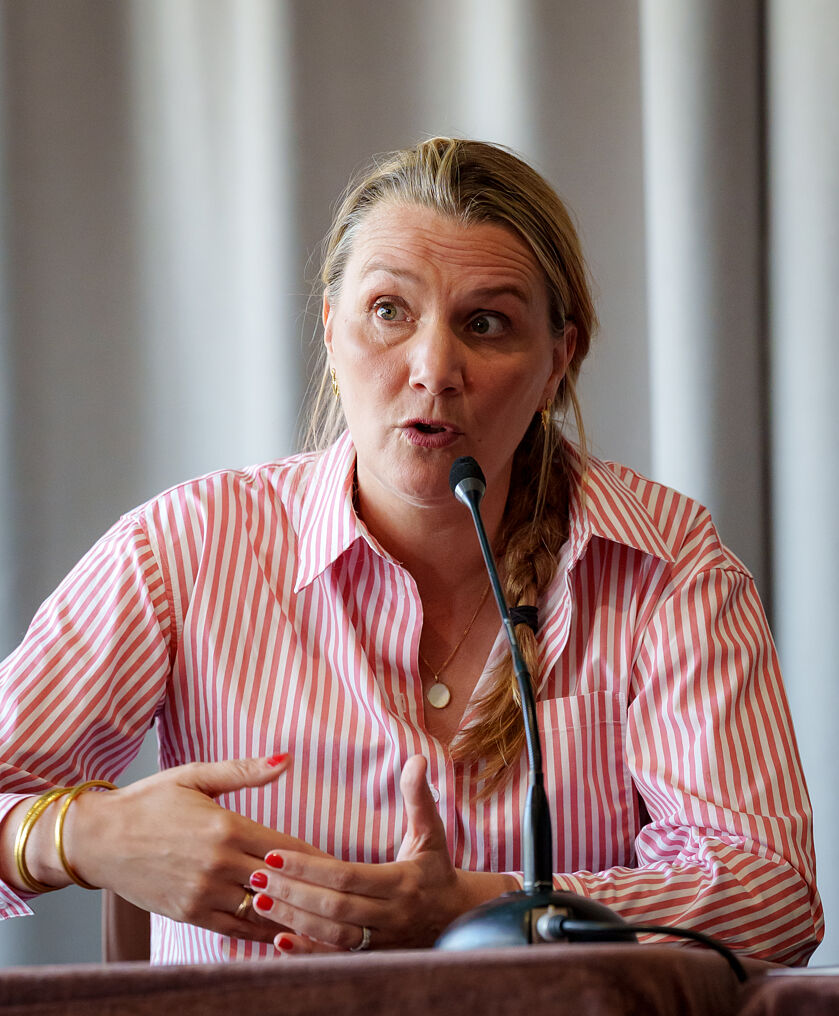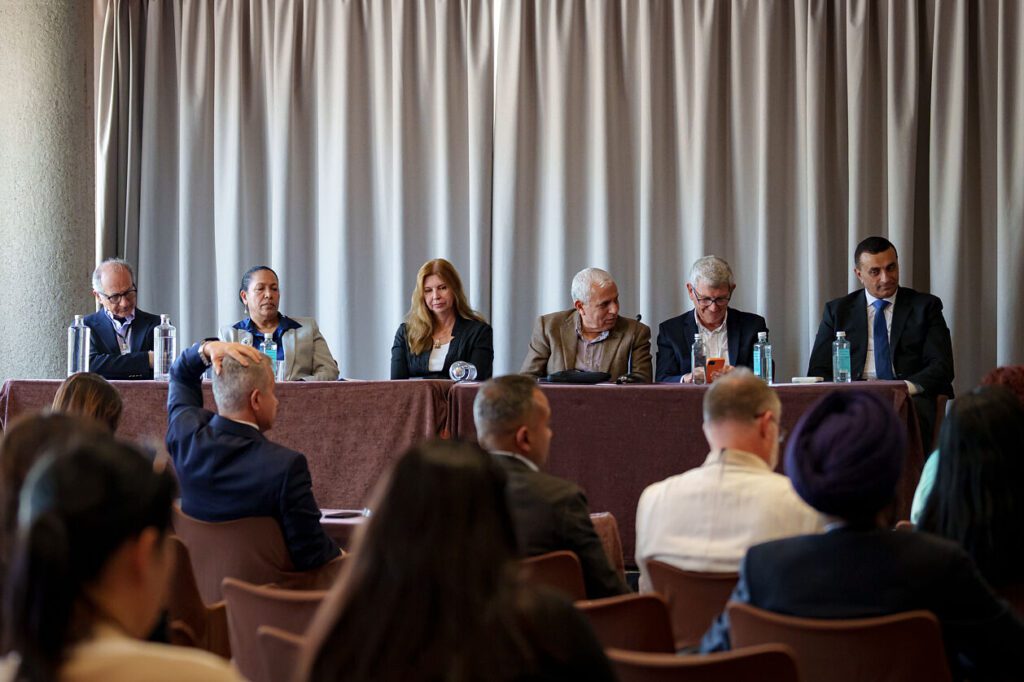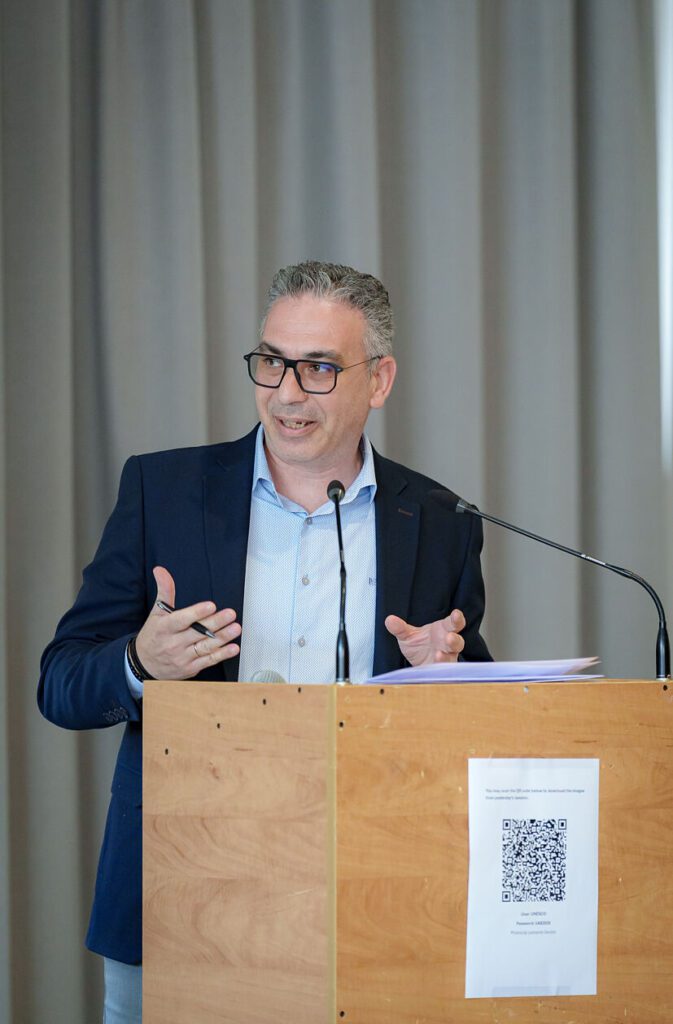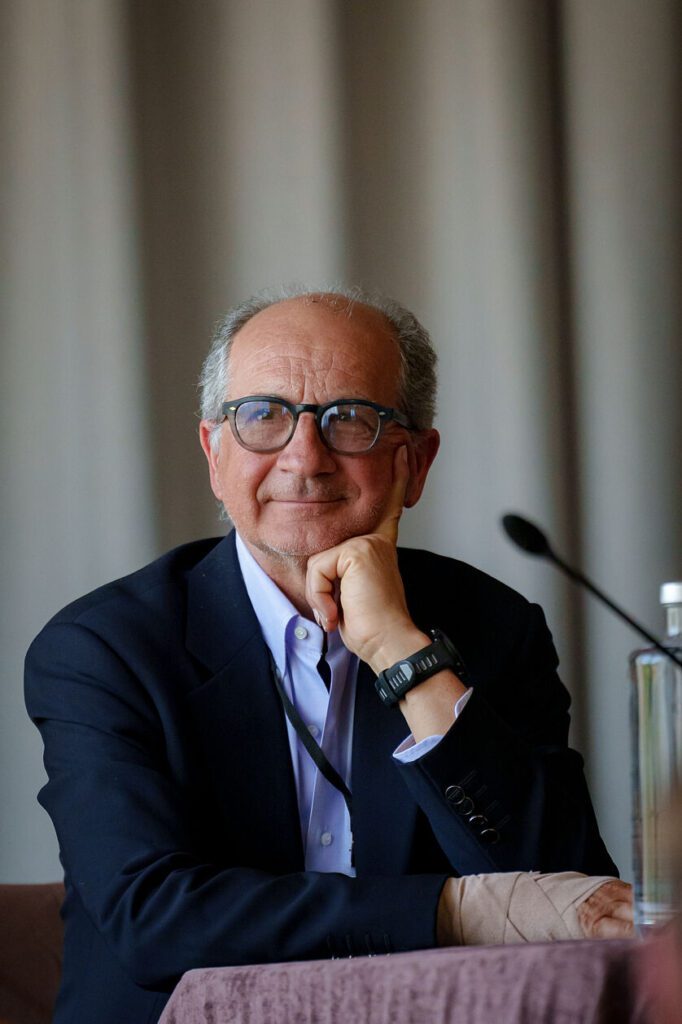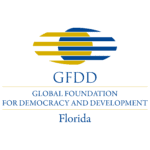GFDD and Funglode organized the MIL and Global Understanding Conference with the participation of over 40 countries. The event addressed issues of disinformation and hate speech, highlighting media literacy as a key element for building just societies.
Barcelona, April 2025 — The Global Foundation for Democracy and Development (GFDD) and the Fundación Global Democracia y Desarrollo (Funglode) participated in the international MIL and Global Understanding Conference, held on April 28–29 in Barcelona, Spain. The event brought together experts, scholars, representatives of international organizations, and educational leaders from over 40 countries to reflect on current challenges such as disinformation and hate speech, and to highlight the essential role of media and information literacy (MIL) in building more just, resilient, and democratic societies.
The conference was inaugurated by General Coordinator José Manuel Tornero, who stressed that “the urgency of promoting critical thinking, intercultural dialogue, and media literacy has never been greater.” He added, “We are not here just to diagnose problems. We are here to build solutions,” emphasizing the goal of developing a Global Action Plan to align institutional efforts worldwide.
Adeline Hulin, UNESCO official and expert in communication policy, announced that the next Global MIL Conference will take place in Cartagena, Colombia, in October 2025, with a special focus on the intersection between MIL and artificial intelligence. Hulin presented new educational tools, including a curriculum for teachers, a toolkit for youth organizations, and the innovative “MIL Cities” initiative, which promotes MIL in unconventional urban spaces.
Luciano Di Mele, an Italian researcher specializing in digital transformation, explained how AI is reshaping the teaching role: “Thanks to automation, teachers can focus on higher-value tasks, such as emotional support, critical thinking, and ethical guidance.” He urged for a renewed appreciation of the human dimension of education in an increasingly automated world.
British scholar Julian McDougall proposed a theory of change for the MIL field, structured around four dimensions: access, awareness, agency, and outcomes. “The urgent priority is to turn learning into capacity, and that capacity into positive outcomes,” he stressed, highlighting the need to act based on empirical evidence.
Spanish AI professor Juan Manuel Corchado Rodríguez addressed ethical responsibility in the use of technologies such as language models and retrieval-augmented generation (RAG) systems. “MIL is a key competence in the era of generative AI, as it enables us to distinguish between automated patterns and conscious human thought,” he affirmed, emphasizing the irreplaceable role of human judgment in critical decisions.
From Greece, Ilias Nikezis of the International Training Center for Journalists’ Safety noted that many advances in MIL rely more on individual initiatives than on consolidated national policies. He stressed that “the effectiveness of any MILID policy must be carefully adapted to each country’s cultural and social context.”
In his keynote address, Egyptian professor Samy Tayie from Cairo University emphasized that “we have a collective responsibility to ensure that the information we share fosters understanding and empathy, not division.” He called for the media to be used as tools for peace, mutual understanding, and positive transformation.
Portuguese researcher Ana Filipa Oliveira highlighted the effectiveness of youth-led programs in spreading MIL: “Peer networks enhance the relevance and scalability of learning.” She presented European projects where young people actively contribute to content creation and the formulation of public policy recommendations.
From India, Dr. Jagtar Singh offered a vision of MIL as a bridge between information, knowledge, and ethical wisdom. He warned about the power of media in the hands of diverse actors and called for strengthening MIL as a safeguard for democracy and human rights in the face of informational manipulation.
Finally, Argentine expert Silvia Bacher addressed MIL as a cross-cutting human right: “Media literacy must be a lifelong education and a tool for civic participation in a complex and ever-changing digital environment.” She also proposed micro-certifications as a way to broaden access to these essential skills.
GFDD and Funglode will continue sharing the lessons learned through their platforms and exploring new alliances in the Americas, Europe, and other regions committed to media and information literacy as a pillar of democratic development.
